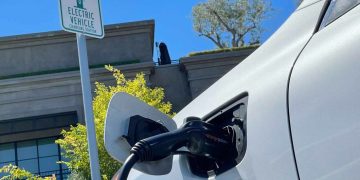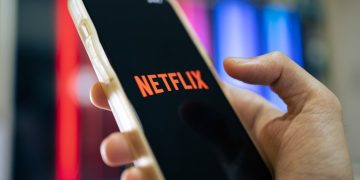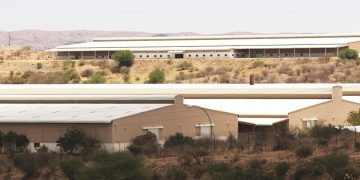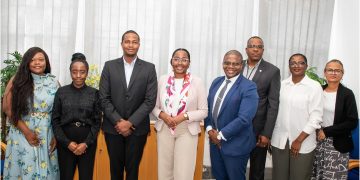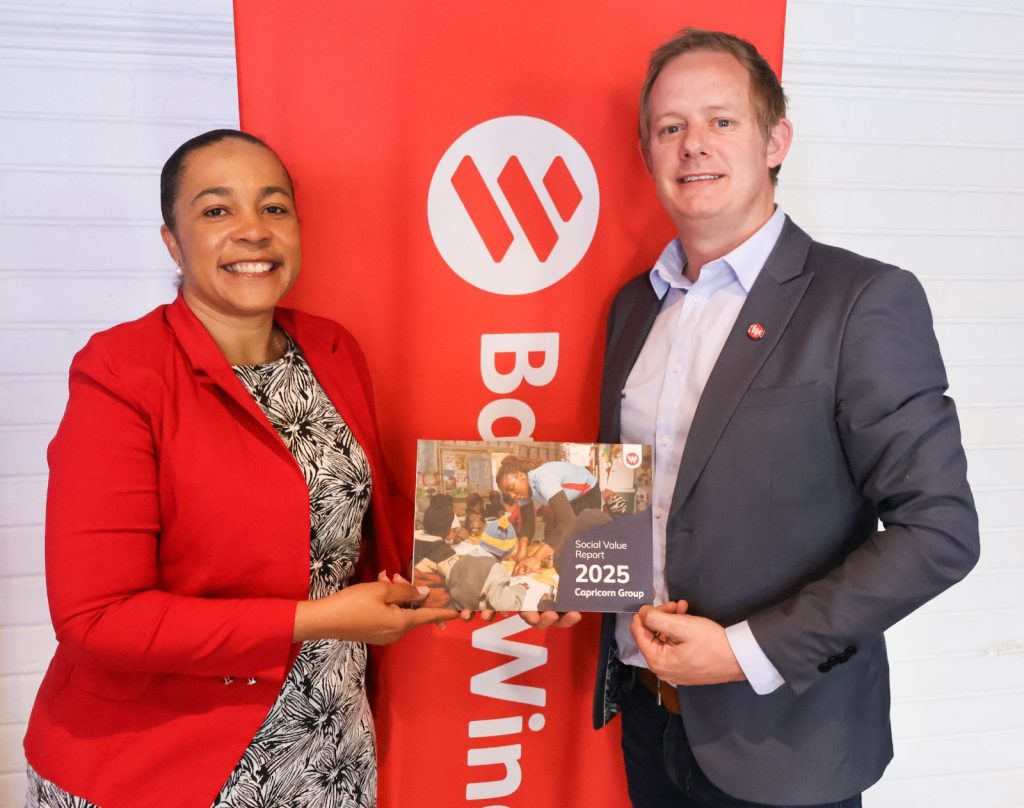
Bank Windhoek says it invested N$12 million in community development during the past financial year, underscoring its commitment to education, health and food security.
The bank reported that N$10 million was invested in the Capricorn Foundation, while a further N$2 million was directed to projects including the Cancer Apple Project, the Employee Empathy Project, the Mathematics Training Workshop and the School Feeding Scheme.
Bank Windhoek said the Cancer Apple Project has raised N$38.4 million for the Cancer Association of Namibia over 25 years, making it one of the country’s longest-running fundraising initiatives.
In 2025, N$2.5 million was raised, enabling 2,210 women to be screened during the National Cancer Outreach programme, 331 men to undergo Rapid PSA testing, and 1,706 patients to receive free accommodation during treatment. An additional 372 patients also received follow-up support.
The bank said poverty and limited access to food continue to leave many families vulnerable. In response, the School Feeding Scheme, launched in partnership with Imago Dei in July 2023, has expanded from 1,600 children to more than 2,000 learners in 2025.
According to Bank Windhoek, the Mathematics Training Workshop was initiated to address poor performance at senior secondary level. Close to 200 Grade 8 and 9 teachers from 14 regions participated, with 160 confirmed attendees from regions such as Kavango East, Kavango West, Zambezi, Ohangwena and Omusati.
The bank said the workshops improved subject knowledge, assessment techniques and student engagement, benefiting an estimated 7,000 learners.
Managing Director James Chapman said the bank aligns its social value programmes with Namibia’s national priorities and the Sustainable Development Goals.
“Guided by our core values that of being open, dedicated and inspired, we will continue to play a vital role in shaping Namibia’s social and economic landscape,” he said.
Chapman added that Bank Windhoek believes businesses should go beyond economic activity. “We believe organisations should drive economic progress and contribute meaningfully to society,” he said.




